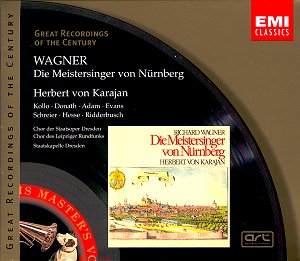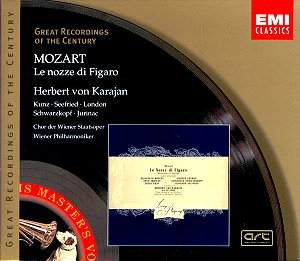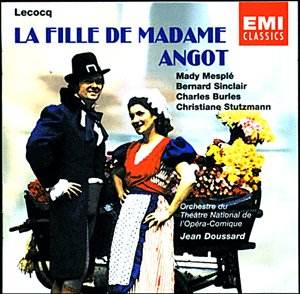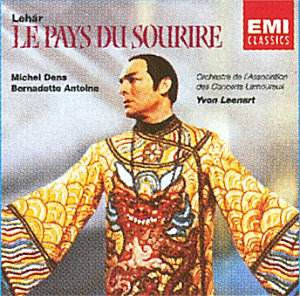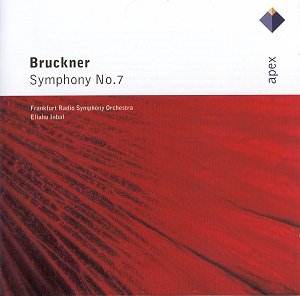 Composer: Anton Bruckner
Composer: Anton Bruckner
Works: Symphony No. 7 in E major
Performers: Frankfurt Radio Symphony Orchestra, Eliahu Inbal (conductor)
Recording: Rec September 1985, Alte Oper, Frankfurt
Label: APEX 09274 08172
The Seventh Symphony of Anton Bruckner, completed in 1883, stands as a monumental achievement in the composer’s oeuvre, marking a pivotal moment in his career. It was Bruckner’s first major symphonic success, capturing the public’s imagination and solidifying his reputation as a significant voice in the late Romantic tradition. The work is imbued with the composer’s characteristic blend of structural integrity and lyrical beauty, encapsulating the grandiosity of the symphonic form while also delving into deeply personal emotional landscapes. The absence of the cymbal clash in the Adagio, a point of contention among conductors, serves as a subtle reminder of the interpretive choices that shape our understanding of Bruckner’s intent.
Eliahu Inbal emerges as a compelling interpreter of this symphony, guiding the Frankfurt Radio Symphony Orchestra through its expansive architecture with a deftness that is both strategic and sensitive. His approach to the first movement is particularly notable; the unfolding of the arching main theme is treated with a careful balance of momentum and repose. Inbal’s decision to maintain a brisker tempo throughout much of the symphony allows the music to breathe and pulse, avoiding the pitfalls of excessive indulgence that can often plague performances of Bruckner’s lengthier works. This choice, however, at times renders the music slightly prosaic, particularly in the finale, where the inherent grandeur risks being overshadowed by a relentless forward drive.
The slow movement, often considered the emotional heart of the symphony, receives a dignified treatment under Inbal’s baton. The phrasing is thoughtfully chosen, allowing the music to unfold with solemnity, yet it is marred by the recording’s limitations. The string section lacks the warmth that this movement so desperately craves, leading to a sonority that is occasionally underwhelming. This is not a fatal flaw, but it does position this performance within a competitive landscape, where richer interpretations abound, such as those by Simon Rattle or Georg Tintner.
The technical aspects of the recording reflect a mid-1980s sensibility, produced by Teldec with a clarity that, while truthful, does not quite achieve the spectacular resonance that one might expect from such a grandiose symphony. The ambient quality of the sound is retained, yet the overall volume level requires the listener’s amplifier to compensate for the somewhat reticent dynamic range. Brass chorales, which should soar with triumphant clarity, are not fully realized here, lacking the robust presence that is essential in Bruckner’s orchestration.
While this recording of Bruckner’s Seventh Symphony is not without its shortcomings, it remains an engaging document of a conductor deeply attuned to the nuances of the music. Eliahu Inbal’s interpretive choices reflect a genuine understanding of Bruckner’s vision, even if the sound quality and orchestral warmth do not entirely align with the demands of the score. This performance, therefore, offers a valuable addition to the existing catalogue of Bruckner recordings, providing insight into a significant interpretation by a conductor who has devoted much of his career to the composer’s works. The nuances of this performance warrant consideration, albeit with the understanding that it occupies a particular niche within an already rich field of interpretations.
